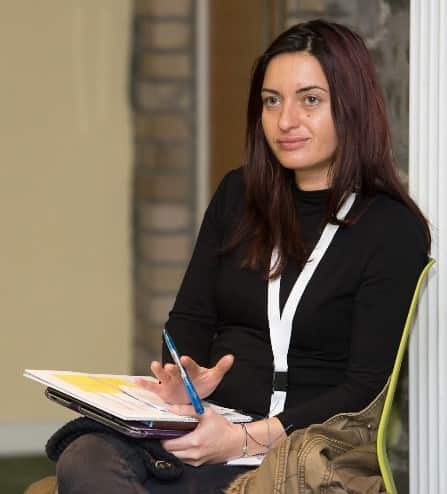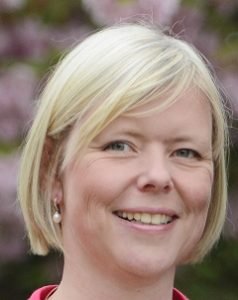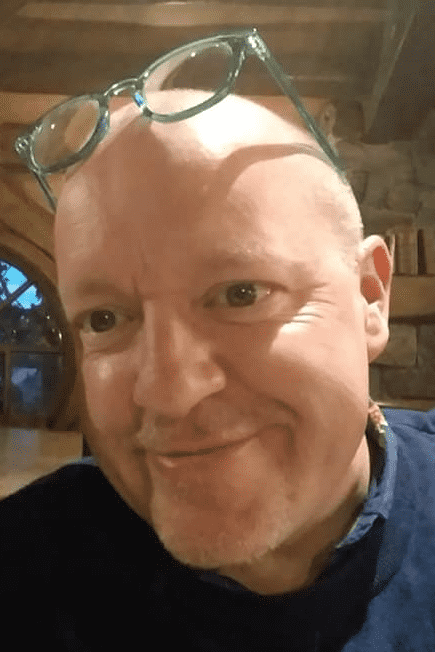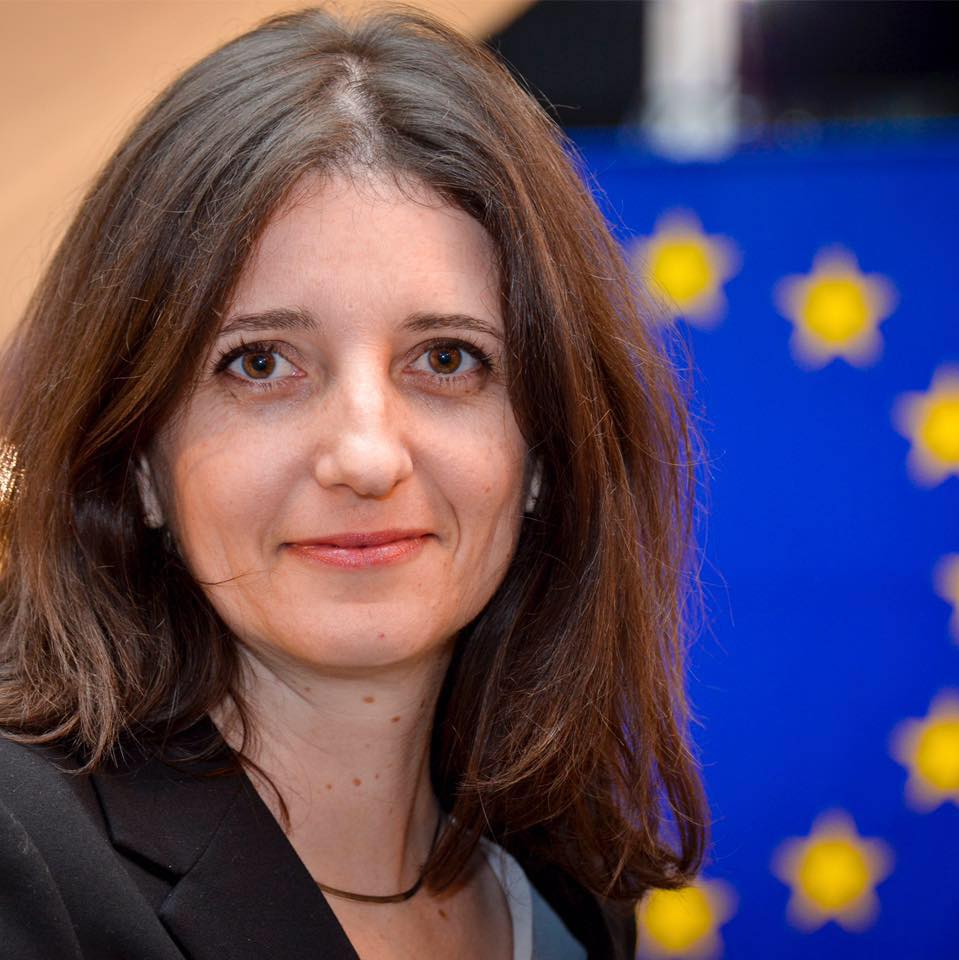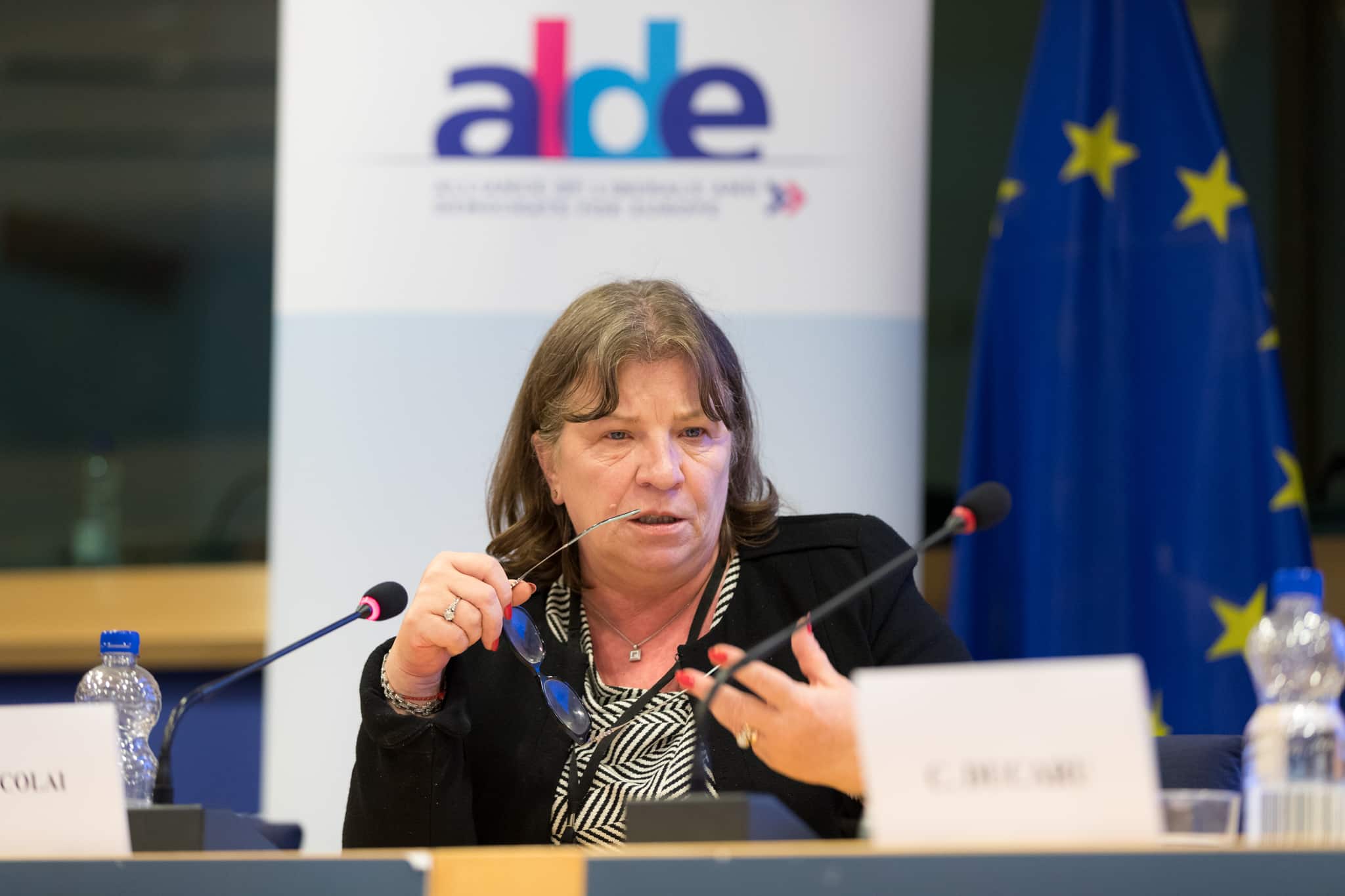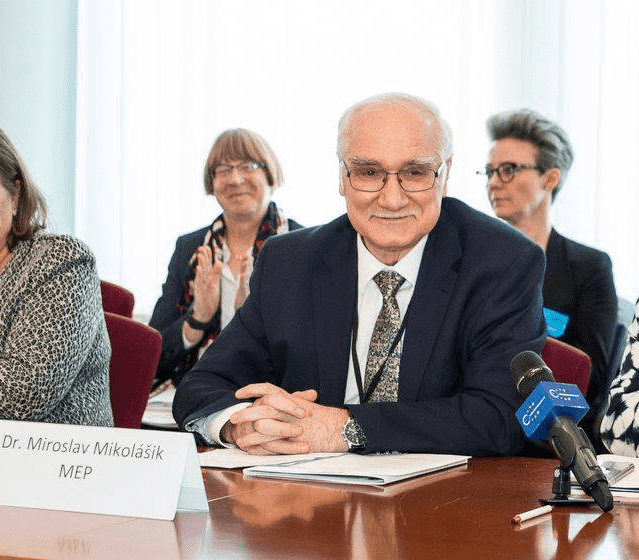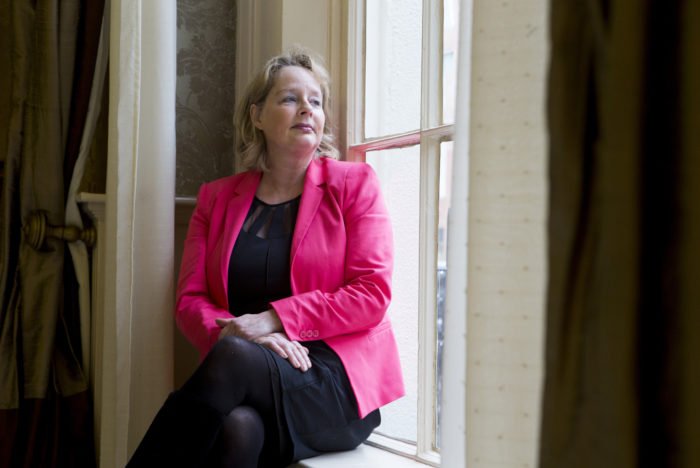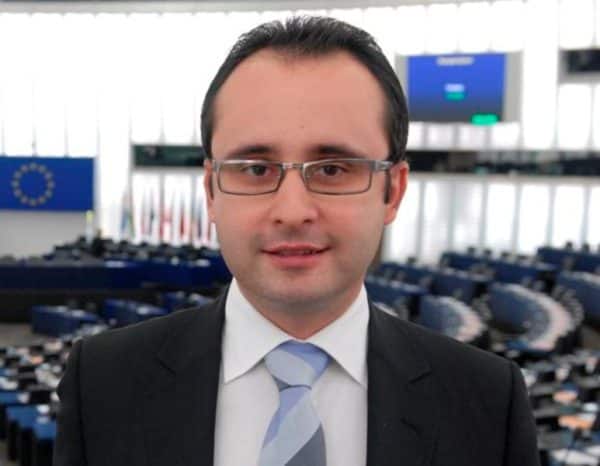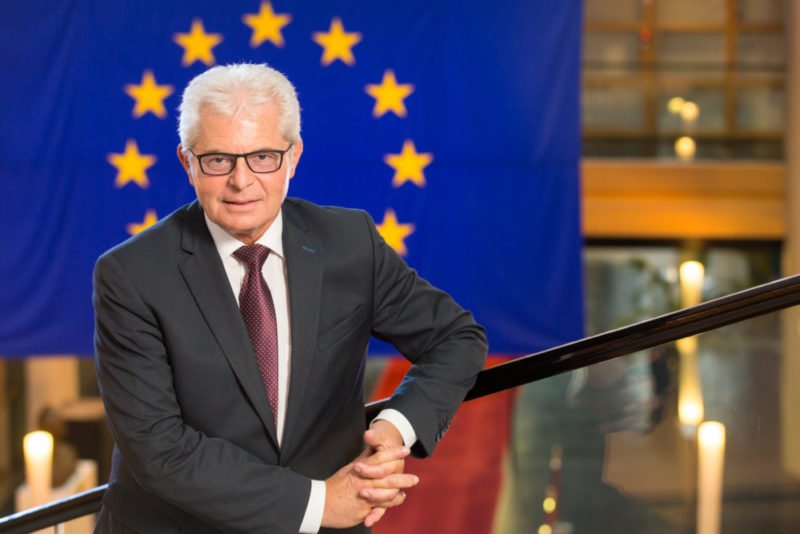Last updated: 15/04/2022
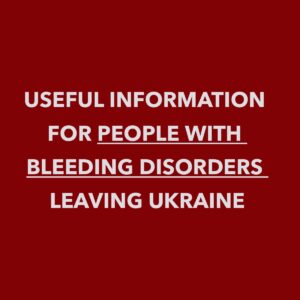 EHC RECOMMENDED STEPS AND USEFUL INFORMATION FOR PEOPLE WITH BLEEDING DISORDERS LEAVING UKRAINE DUE TO THE ONGOING ARMED CONFLICT
EHC RECOMMENDED STEPS AND USEFUL INFORMATION FOR PEOPLE WITH BLEEDING DISORDERS LEAVING UKRAINE DUE TO THE ONGOING ARMED CONFLICT
IMPORTANT REMINDER to everyone leaving Ukraine – please make sure you have all your medical documents with you, especially if you require special care and/or medications. IT IS VERY IMPORTANT!
We urge you to complete the form for people with bleeding disorders leaving Ukraine. This information will not be shared publicly, but is essential for us to ensure that you are taken care of in the country of your destination and receive all the support you need! Please access the form here.
We will be sharing the information obtained through the form with our National Member Organisations in the respective countries regularly, but if you contact them individually, please consider the following:
Checklist: What you should consider before you come to your destination country
- If you have no accommodation (friends, relatives) foreseen in the country, it is best to contact the local organisation before you flee.
-
-
- Let them know how many people are coming with you.
- Let them know whether you are coming with your own car and whether you are mobile within the country.
- Let them know if you have any mobility issues.
- Let them know if you have a COVID-19 vaccination.
- Let them know if you are bringing your treatment product with you.
- Let them know if you can self-infuse.
-
- If possible, plan not to arrive in the evening or during the weekend.
- Remember that Ukrainian cash may not be exchanged in some countries.
- It is helpful to install WhatsApp. Viber is not common in the EU.
Useful to know: in many EU countries the trains and other public transportation, as well as many other services are FREE for people from Ukraine. Showing Ukrainian passport is sufficient to get passage.
Ukrainian people with bleeding disorders welcome by many of our NMOs
In the past few weeks, the people fleeing from Ukraine have chosen to go to the certain countries due to the specific socio-geographic circumstances. We are extremely grateful to our NMOs in region and beyond, especially in Poland, Lithuania, Slovakia and Germany for offering all the support that they have offered, often stretching far and beyond. Until this moment the support offered has been excellent and the NMOs have been able to provide all necessary to the Ukrainian bleeding disorder patients arriving in their country. However, if more people with bleeding disorders were to come to these countries, this support may not be sufficient.
Many of our NMOs, that are in the countries not directly bordering with Ukraine, have offered and keep offering support to the refugees with coordination, information, transportation, communication with the HTCs, treatment, accommodation, food, psychosocial support and much more. Therefore, we urge you also to consider going to countries like the Netherlands, France, Belgium, Portugal, Spain, the UK, Ireland. They are all prepared and ready to welcome people with bleeding disorders that are leaving Ukraine.
From the side of the EHC we are prepared to support the travel/relocation costs either through the NMO in the welcoming country or the NMO that has been the first stop after crossing the Ukrainian border.
Upon arrival in your destination country
Most European countries have established a centralised system to welcome and care for refugees. We strongly recommend that the first contact you establish is with these official systems, so that all the available support, such as accommodation and food, as well as the essential documentation and legal advice, is accessible to you! This does not enter you into any obligation towards the country you register in.
Here we have collected the official websites providing the essential information for the refugees from a number of countries. This list will be updated frequently.
It is essential to inform receiving officials that you / your child has a bleeding disorder, so that they can take the necessary steps to support you, such as by contacting the local / national treatment centre and national patient organisation in the respective country, as well as provide you with relevant information on the healthcare offered to refugees. Here is a phrasebook in several languages that can be useful for this purpose:
The www.hclocator.org website contains an updated list of all the European Haemophlia Centres and can help you find the nearest treatment centre to you.
Once you have done this, you are welcome to then contact the EHC’s National Member Organisation (NMO) in the country where you are and they will offer you further support related to your bleeding disorder and other things.
Accommodation
EURORDIS – Rare Diseases Europe, on elf the partners of the EHC, has teamed up with Airbnb to provide 30 days of free housing abroad for members of the Ukrainian rare disease community who are fleeing the country. This applies to any family affected by a rare disease. You can apply for this accommodation here.
A similar initiative is being organised in The Netherlands, to help find accommodation for those arriving in this country. To apply for this accommodation, please click here.
Other useful links
Live monitoring of the situation on different border points
Info pack for Ukrainian refugees
Useful information about the situation in Ukraine and conditions for refugees in other countries
Ukrainian Medicine Conversion To European Equivalent Prescription Product



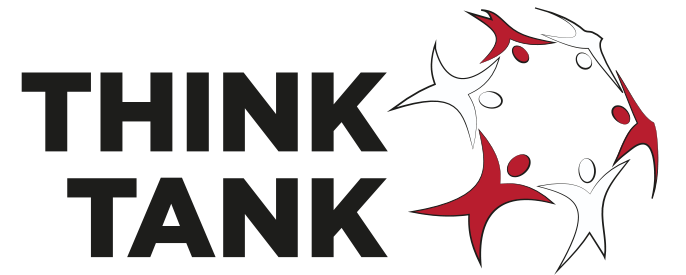
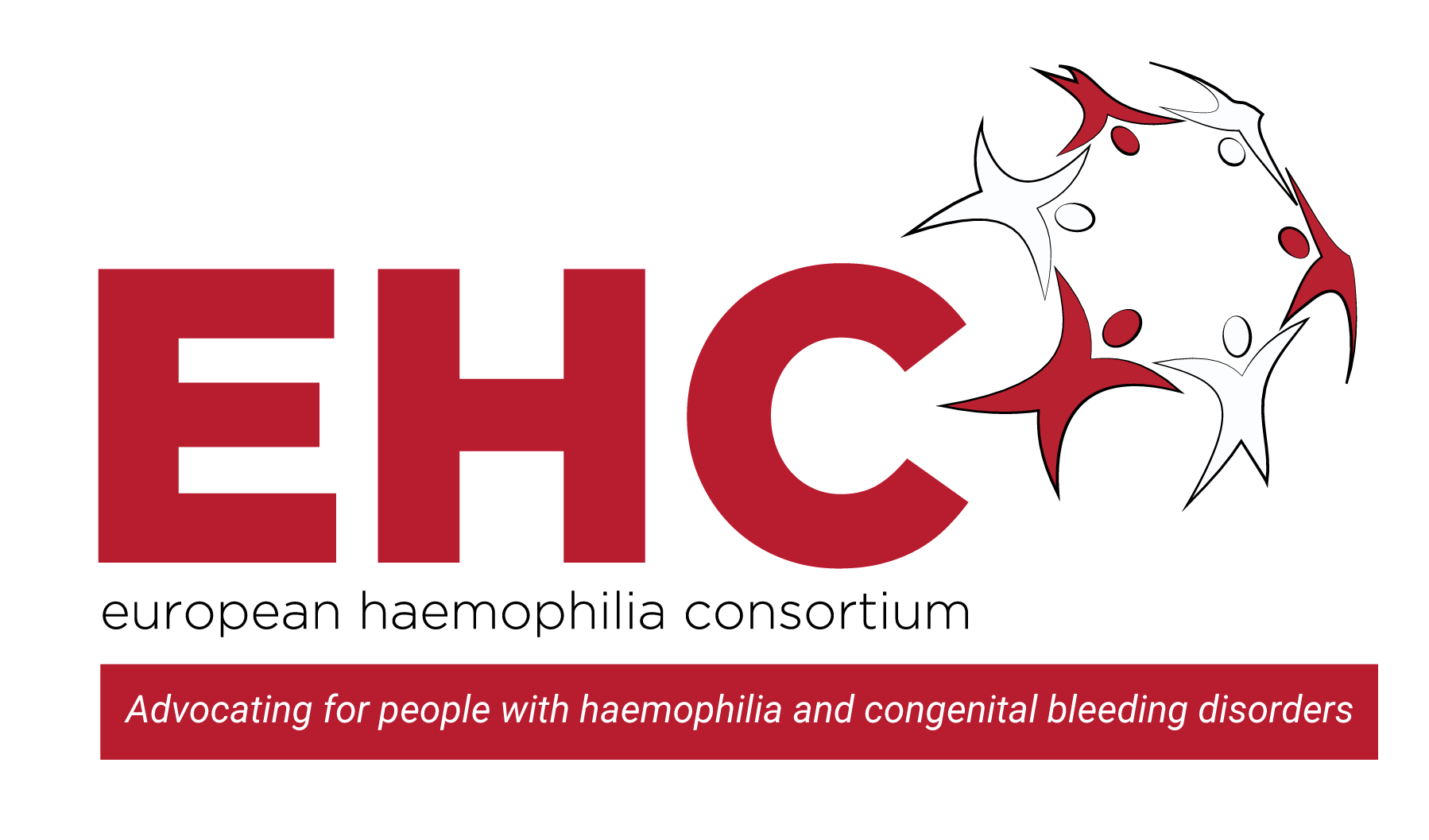
 Jim is aged 66 and has Haemophilia A with a high titer inhibitor which he developed at age 14.
Jim is aged 66 and has Haemophilia A with a high titer inhibitor which he developed at age 14. Maria Elisa Mancuso (MD, PhD) is a Haematologist and works as a Senior Haematology Consultant at the Center for Thrombosis and Haemorrhagic Diseases of IRCCS Humanitas Research Hospital in Rozzano, Milan, Italy. She is Adjunct Clinical Professor at Humanitas University. She obtained a post-degree in Clinical and Experimental Haematology and a PhD in Clinical Methodology. She is involved in clinical research and has published several original articles in peer-reviewed journals a The Lancet, Blood, Journal of Thrombosis and Haemostasis, Haematologica, Thrombosis and Haemostasis, British Journal of Haematology and Haemophilia. She is reviewer for several peer-reviewed journals and member of the Editorial Board of JTH. She is a member of several scientific societies (ISTH, WFH, ASH, EAHAD, SISET, AICE) and was a medical member of the Inhibitor Working Group of the European Hemophilia Consortium. She is co-chair of the ADVANCE Study Group. She has acted also as co-chair of the Scientific and Standardization Subcommittee of ISTH on FVIII, FIX and rare bleeding disorders. She has been involved as principal and co-investigator in several clinical trials, and she takes care of both children and adults with hemophilia and other congenital bleeding disorders with a specific scientific interest in novel therapies, prophylaxis, inhibitors, and chronic hepatitis C.
Maria Elisa Mancuso (MD, PhD) is a Haematologist and works as a Senior Haematology Consultant at the Center for Thrombosis and Haemorrhagic Diseases of IRCCS Humanitas Research Hospital in Rozzano, Milan, Italy. She is Adjunct Clinical Professor at Humanitas University. She obtained a post-degree in Clinical and Experimental Haematology and a PhD in Clinical Methodology. She is involved in clinical research and has published several original articles in peer-reviewed journals a The Lancet, Blood, Journal of Thrombosis and Haemostasis, Haematologica, Thrombosis and Haemostasis, British Journal of Haematology and Haemophilia. She is reviewer for several peer-reviewed journals and member of the Editorial Board of JTH. She is a member of several scientific societies (ISTH, WFH, ASH, EAHAD, SISET, AICE) and was a medical member of the Inhibitor Working Group of the European Hemophilia Consortium. She is co-chair of the ADVANCE Study Group. She has acted also as co-chair of the Scientific and Standardization Subcommittee of ISTH on FVIII, FIX and rare bleeding disorders. She has been involved as principal and co-investigator in several clinical trials, and she takes care of both children and adults with hemophilia and other congenital bleeding disorders with a specific scientific interest in novel therapies, prophylaxis, inhibitors, and chronic hepatitis C.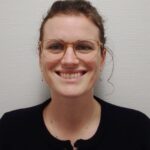 As a patient with factor II deficiency, the diagnostic and treatment of rare bleeding disorders is a matter dear to my heart. My motivation to participate in the work of the ERIN committee is to improve both diagnostic and treatment for patients with rare bleeding disorders across Europe.
As a patient with factor II deficiency, the diagnostic and treatment of rare bleeding disorders is a matter dear to my heart. My motivation to participate in the work of the ERIN committee is to improve both diagnostic and treatment for patients with rare bleeding disorders across Europe. Economist and financial expert by profession, executive coach and trainer by passion and haemophilia advocate by every drop of my blood through my son (who has severe haemophilia A with inhibitors). Bringing a good decade of practical experience from the corporate insurance world, laser focus, growth mindset and resilience from my own experience, offering you anything I can just do, in hope that together we can make life more fulfilled for those impacted by bleeding disorders.
Economist and financial expert by profession, executive coach and trainer by passion and haemophilia advocate by every drop of my blood through my son (who has severe haemophilia A with inhibitors). Bringing a good decade of practical experience from the corporate insurance world, laser focus, growth mindset and resilience from my own experience, offering you anything I can just do, in hope that together we can make life more fulfilled for those impacted by bleeding disorders.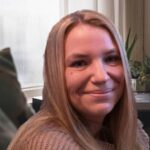 Amy Owen-Wyard is a Registered Mental Health Nurse. With experience working with children, young people, their families and adults with severe and enduring mental health conditions. Amy was also involved in a service improvement to provide a holistic care approach for those in general hospitals to support both their mental and physical health, whilst sharing her expertise and knowledge in mental health with the wider multidisciplinary team.
Amy Owen-Wyard is a Registered Mental Health Nurse. With experience working with children, young people, their families and adults with severe and enduring mental health conditions. Amy was also involved in a service improvement to provide a holistic care approach for those in general hospitals to support both their mental and physical health, whilst sharing her expertise and knowledge in mental health with the wider multidisciplinary team.